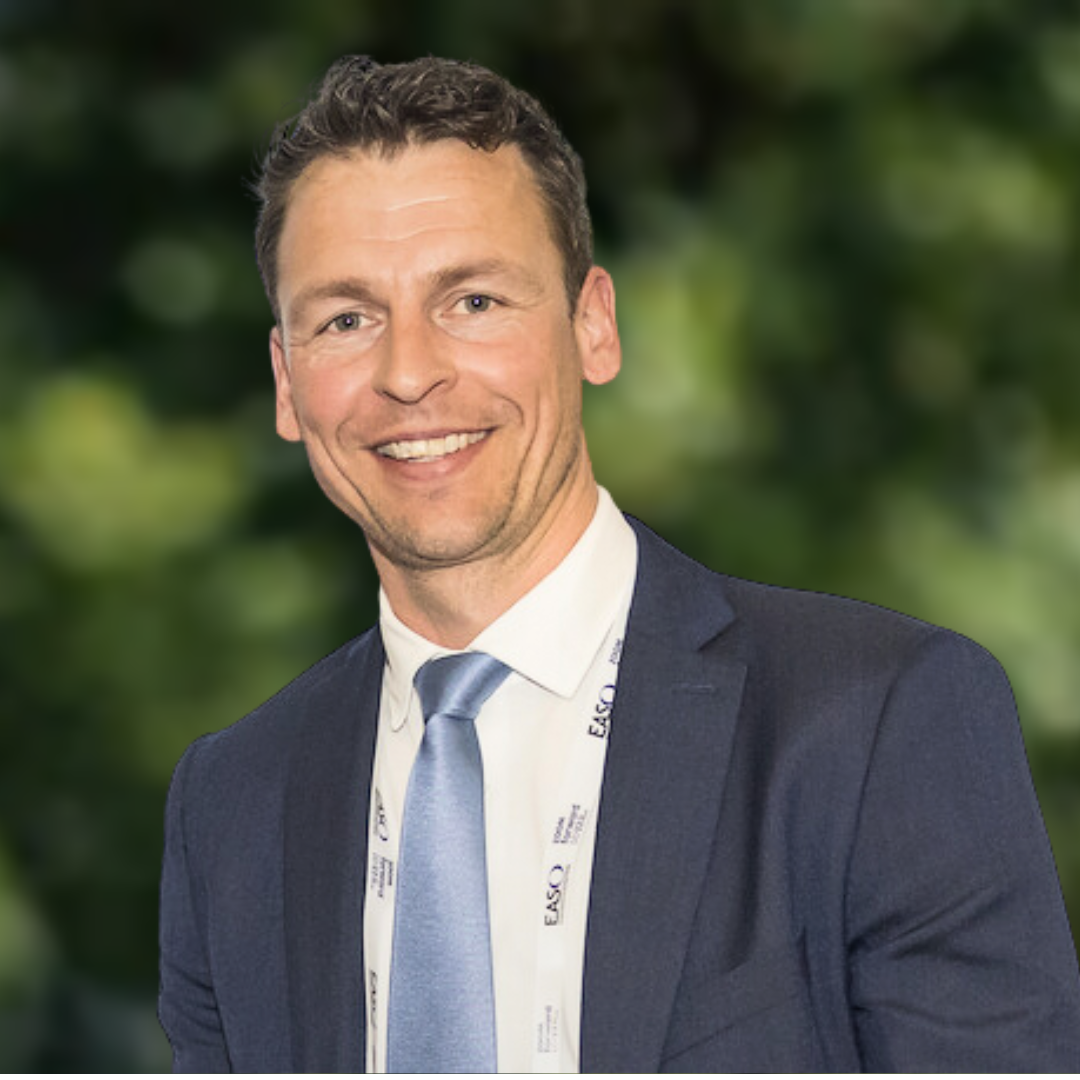Three Veni grants for UM
Three young researchers from Maastricht University have each been awarded a research grant from the Netherlands Organisation for Scientific Research (NWO). The Veni grants are for outstanding researchers who have recently earned their PhD, are at the start of their scientific career and show an exceptional talent for research.
Veni grants
Veni is targeted towards outstanding researchers who have recently obtained their PhD. These researchers are beginning their scientific careers and display a striking talent for scientific research. Each grant is for a maximum of €250,000. The winning UM researchers and their projects are:
- Paul Smeets (School of Business and Economics): What motivates investors to hold responsible investments? Insight into investor motives is crucial because it will increase the share of private funding for tackling critical social and environmental challenges. My projects investigate the role of three possible drivers of socially responsible investment behaviour: financial motives, intrinsic social objectives and the psychological factor of happiness.
- Agnieszka Smolinska (UM/ MUMC+): The smell of liver disease. Primary Sclerosing Cholangitis (PSC) is a deadly liver disease recognised in a (too) late stage. To comprehensively characterise PSC patients I will obtain extensive chemical and microbiological data from breath, blood and faeces. Subsequently with big-data pattern recognition, non-invasive markers will be developed for early diagnosis and steering therapeutic interventions.
- Aurélie Carlier (UM – MERLN): Shaping the building blocks of life. Our body is made of small building blocks (cells) that come in a remarkable variety of shapes and sizes. In this project, I will use computational techniques to investigate how cell shape can steer cell functioning. This fundamental understanding will be used to improve the surfaces of orthopaedic implants.
Peer review
A total of 1,056 researchers submitted applications to NWO for Veni funding. These applications are peer reviewed by external experts from the relevant disciplines. The research proposals are then assessed by broad-based committees within the NWO scientific fields based on personal interviews with the applicants, among other criteria. Applications intersecting with different scientific fields (interdisciplinary applications) are evaluated by a separate committee.
Through the 158 Veni grants awarded this year, NWO is investing a total of €39.5 million in unrestrained and curiosity-driven research. Veni – together with Vidi and Vici – is part of NWO's Innovational Research Incentives Scheme.
Also read
-
A study conducted by the European Association for the Study of Obesity led by Prof. Gijs Goossens of Maastricht UMC+ published today in Nature Medicine.
-
Maastricht University received grants for three of the ten research projects starting in the National Growth Fund program Circular Plastics NL.
-
ROA publishes new research on international students' stay rates and impact on labor market estimates


